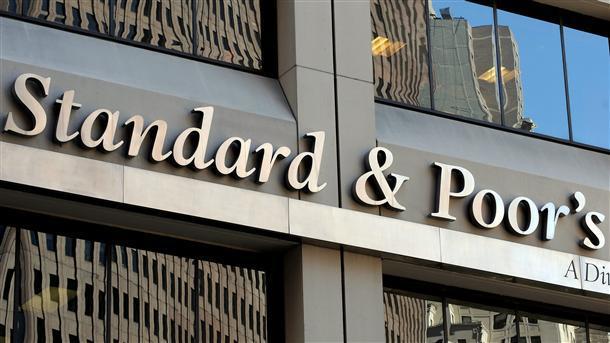
Argentina is struggling to keep its economy afloat. A gaggle of savants would have us believe that the source of that nation’s woes is its currency board, which fixes the peso at 1-to-1 with the U.S. dollar. Meanwhile this group, led by New York Times columnist Paul Krugman, conveniently overlooks the travails of another emerging-market nation that’s also a U.S. ally: Turkey, which has no currency board. What Turkey has is a central bank that has brought it to the abyss with a disastrous move to float the lira, resulting in a harmful devaluation that has destroyed banks and businesses.
Argentina’s problems have nothing to do with the currency board. They stem from a slump brought on by Fernando de la Rua’s government—part of a deadly cocktail mixed by the International Monetary Fund, which forced Argentina to hike taxes and impose fiscal austerity as a condition for IMF loans. And the slump has undermined Argentina’s ability to service its debt.
Turns out the currency board country is better off than the central bank one. The Turkish lira has depreciated against the U.S. dollar by 58% in less than a year, while the Argentine peso has remained fixed at parity to the dollar. Consensus forecasts for 2001 indicate that Turkey’s gross domestic product will decline by 5%, annual inflation will be 57% and the government’s deficit will be a bloated 16.2% of GDP. The numbers for Argentina are -1.6%, -0.4% and 2.3%, respectively. In addition, 18 Turkish banks have gone bust. None of Argentina’s banks ended up in receivership.
To Krugman and his ilk, these facts are best ignored. Preferring that developing nations install central banks—despite their wretched record of permitting double-digit inflation—this bunch is intent on hoodwinking people into believing a catalog of five falsehoods about currency boards:
* A nation must meet certain preconditions for them to work. President Clinton’s Council of Economic Advisers, another non-friend of the boards, wrote that they are likely to fail without “adequate reserves, fiscal discipline and a strong and well-managed financial system, in addition to the rule of law.” In reality, not one of the successful currency boards adopted in the 1990s—whether in Argentina, Estonia, Lithuania, Bulgaria or Bosnia—was in a place that came close to satisfying any item on the Clinton checklist.
* Nations using them are more subject to external shocks than those with central banks. If so, economic growth rates in currency board countries would be more erratic. Truth is, there’s little difference between the two types of countries on this score.
* Their inability to lend to banking systems is a weakness. Central banks have practiced this lender-of-last-resort function with reckless abandon, provoking bank failures and monetary crises galore. In contrast, currency board countries have not only avoided such messes, but their banking systems—since the bankers knew no bailout was in store—have tended to strengthen over time.
* A board limits a country’s ability to compete. Untrue. Hong Kong installed a currency board in 1983 and has retained its rank as one of the most competitive economies in the world. More recent adopters also have maintained their edge, measured by exports as a percent of GDP. People who don’t like currency boards say Argentina’s “artificially strong” peso has left it uncompetitive. Not quite. Exports, about the only thing that’s growing in Argentina, are up in 2001’s first half by 3.2%, compared with the same period in 2000.
* They only work in small economies. Certainly, that’s where most currency boards today happen to be found. But Argentina’s is the 17th-largest economy in the world, Hong Kong’s the 24th-largest. More than 150 are smaller.
Conceding the successes of currency boards, the IMF has come around to a grudging acceptance of them. In 1998 the fund vehemently opposed the establishment of a board in Indonesia. Still, the IMF has recently praised the five currency boards set up in the 1990s, as well as Hong Kong’s. According to the IMF, they have strengthened fiscal discipline and banking systems, kept inflation down, motivated reforms and spurred growth. The Krugman coterie remains stubborn in its opposition.
Author Steve H. Hanke

0 responses on "The Hoodwinkers"